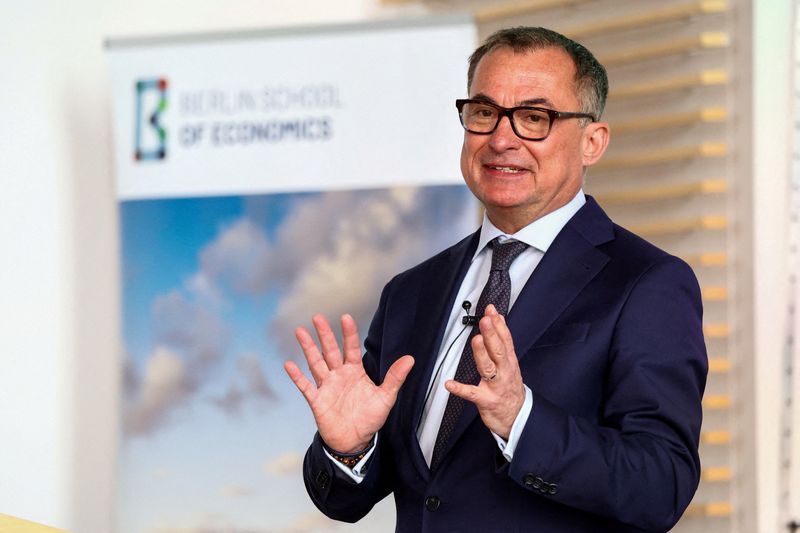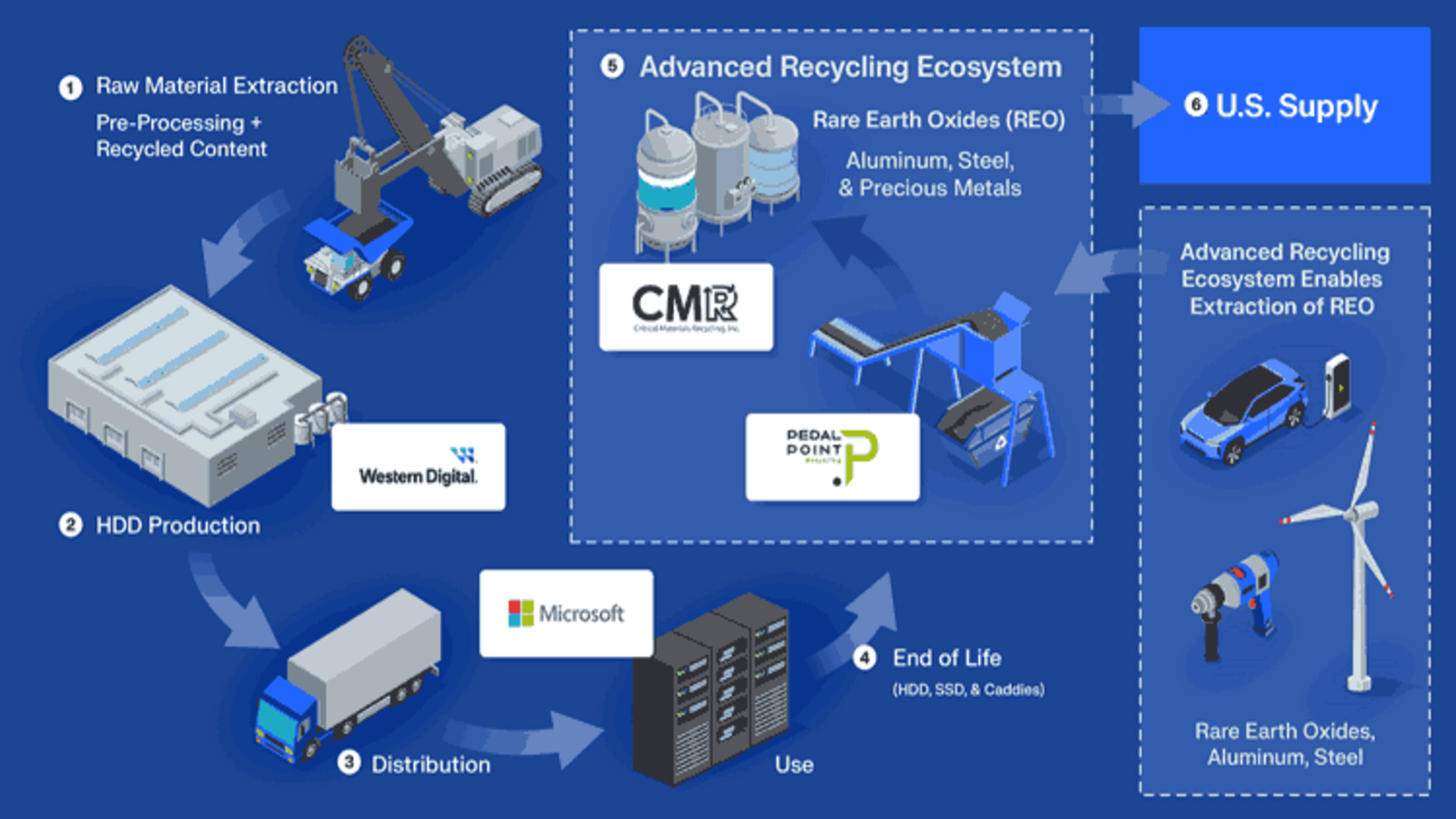Philip Morris shrugs off economic volatility as Zyn shipments reach new heights—skyrocketing more than 50% year over year
The tobacco giant raised profit guidance for the year, betting on the booming sales of the nicotine pouches.

- Tobacco juggernaut Philip Morris International reported a strong quarter, including a 5.8% growth in revenue, in large part because of the soaring popularity of Zyn. U.S. shipments of the nicotine pouches reached 202 million cans in the first three months of 2025—a 53% year-over-year increase—despite production constraints driving shortages.
Philip Morris International boosted its annual profit guidance on Wednesday, thanks in large part to the skyrocketing popularity of Zyn nicotine pouches.
The tobacco giant said it expects adjusted earnings of $7.36 to $7.49 per share for the year, an increase from its previous forecast of $7.04 to $7.17 per share.
Philip Morris reported $9.3 billion in revenue, a 5.8% growth year over year, as well as a 15% jump in revenue to $3.9 billion for noncombustible brands, with Zyn driving the growth. The company—pledging to be “smoke-free” by having two-thirds of its business come from noncombustible products by 2030—has continued to lean heavily on its smokeless products like nicotine pouches, as opposed to cigarettes and cigars.
Philip Morris is trading up at about 2% as of Wednesday morning.
"We remain confident in our ability to deliver superior results, despite an uncertain and volatile global economic environment,” CEO Jacek Olczak said in the company’s earnings report.
Zyn’s rapid, yet constrained growth
Zyn, in particular, has led Philip Morris’ smoke-free portfolio, as the discreet white pouches have become a fixture for Gen Z young professionals—and garnered popularity among politically conservative men—for being an odorless alternative to cigarettes and vaping, and having the reputation of fueling a workday boost or signaling social status. The product also had the benefit of FDA approval to be publicly marketed as of January, as the vaping industry has meanwhile been flooded with unauthorized products.
Zyn shipments in the U.S. have quadrupled since the first quarter of 2022, and reached 202 million cans shipped in Q1 2025. It’s a 53% increase in shipments from a year ago, Philip Morris chief financial officer Emmanuel Babeau said Wednesday in the company’s earnings presentation.
Zyn’s growth comes even as the company contends with shortages, as it works to ramp up production for the product. Philip Morris announced in August 2024 plans to invest $232 million to expand production at its Owensboro, Ky., plant. The month before, it announced a $600 million investment in a Colorado Zyn manufacturing facility.
Babeau said the company had limited advertising activities for the brand, trying to keep up with demand for existing Zyn consumers as opposed to attracting new users. The company is continuing to resolve out-of-stock situations at retail locations, predicting replenished stock by 2025’s third quarter.
“Certainly, as we are removing the limitation and the out-of-stock situation, we expect an acceleration in the consumer uptake,” Babeau said.
This story was originally featured on Fortune.com


































































































































































































![How to Find Low-Competition Keywords with Semrush [Super Easy]](https://static.semrush.com/blog/uploads/media/73/62/7362f16fb9e460b6d58ccc09b4a048b6/how-to-find-low-competition-keywords-sm.png)
